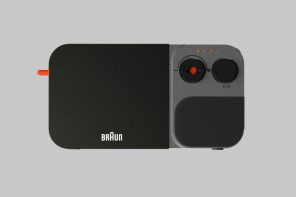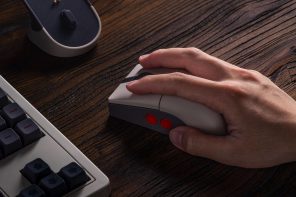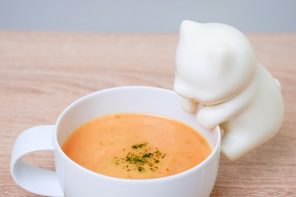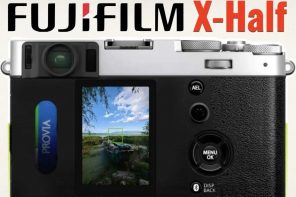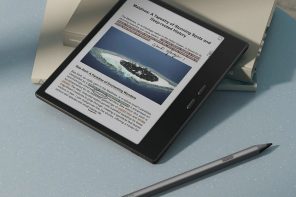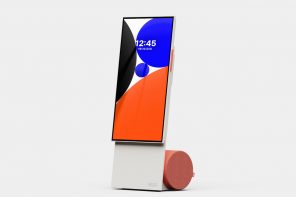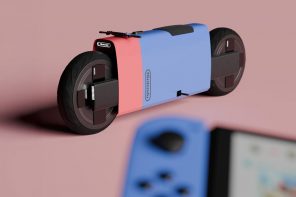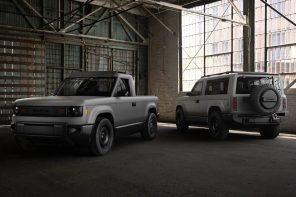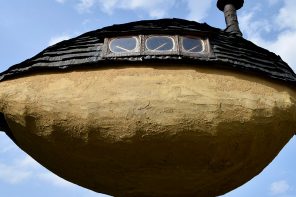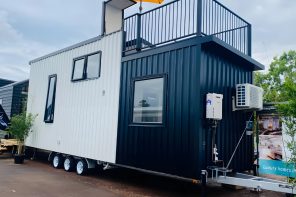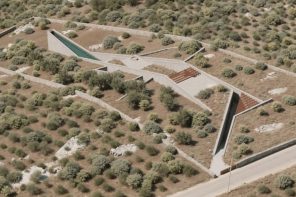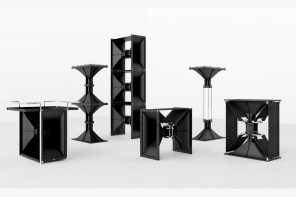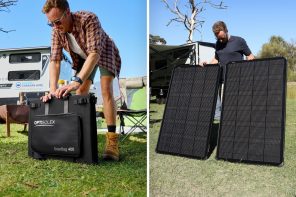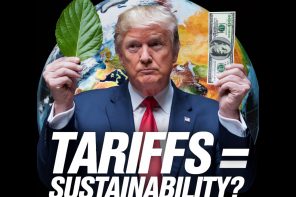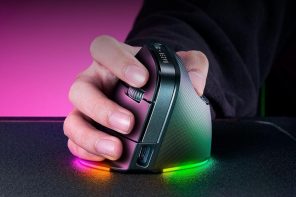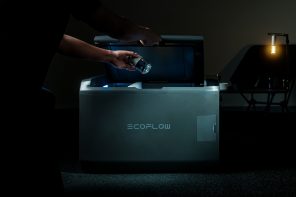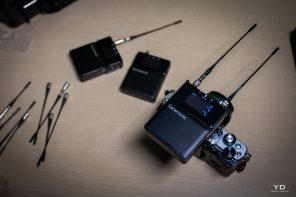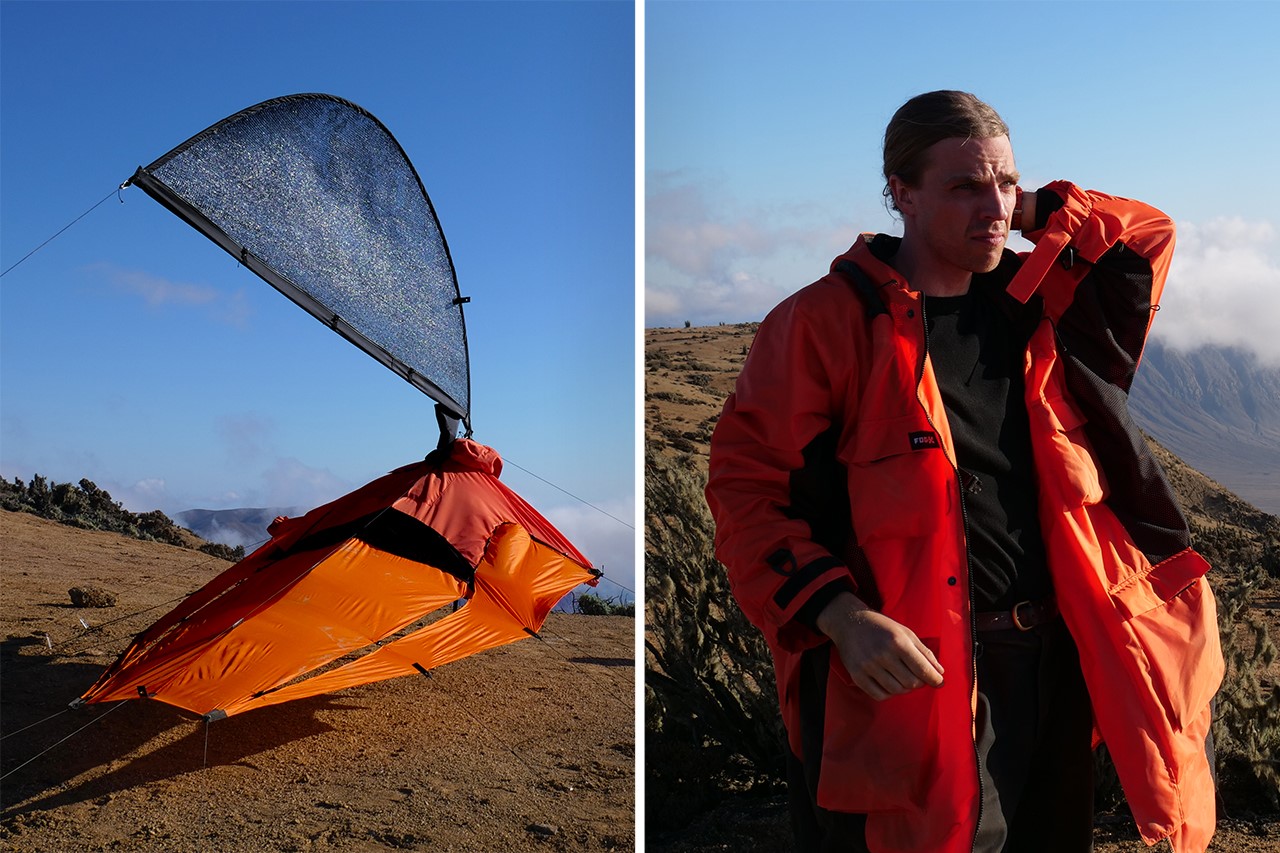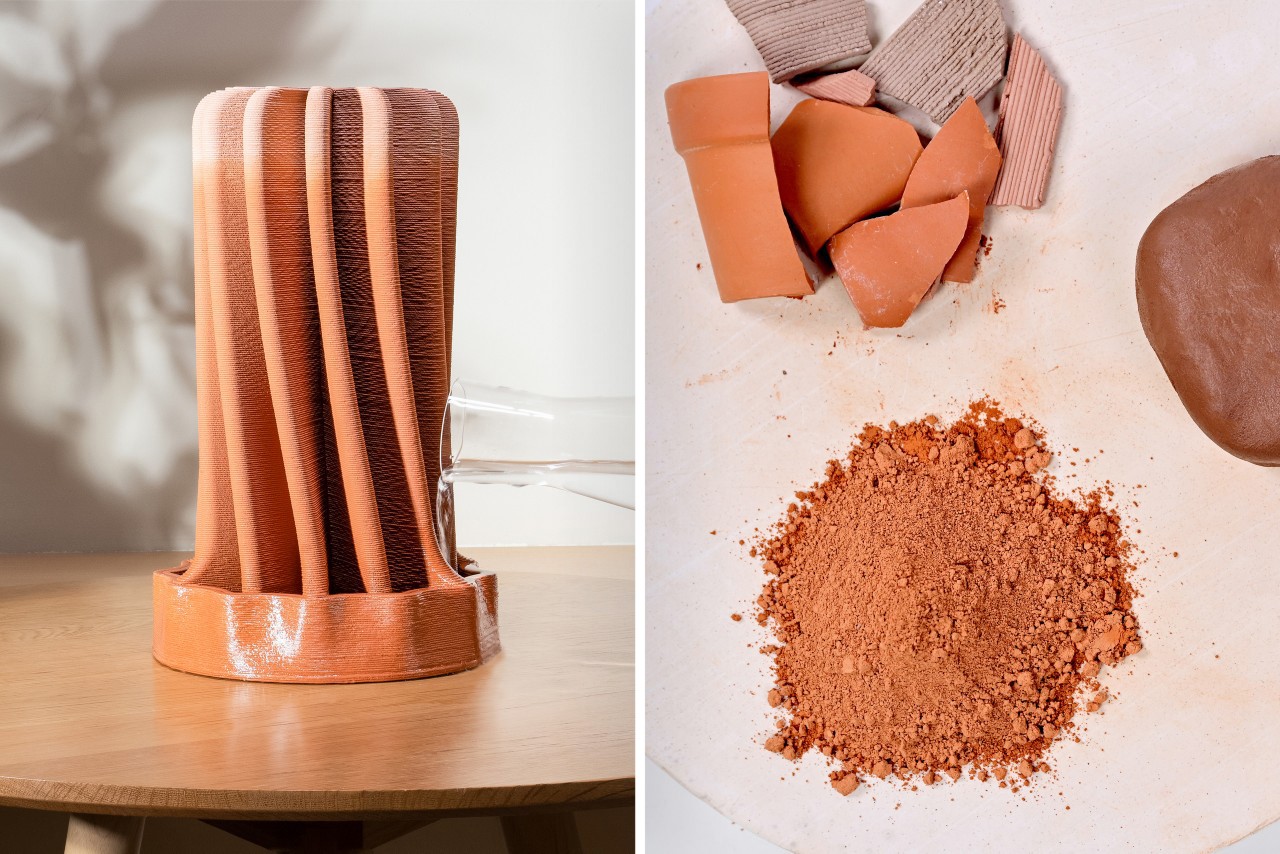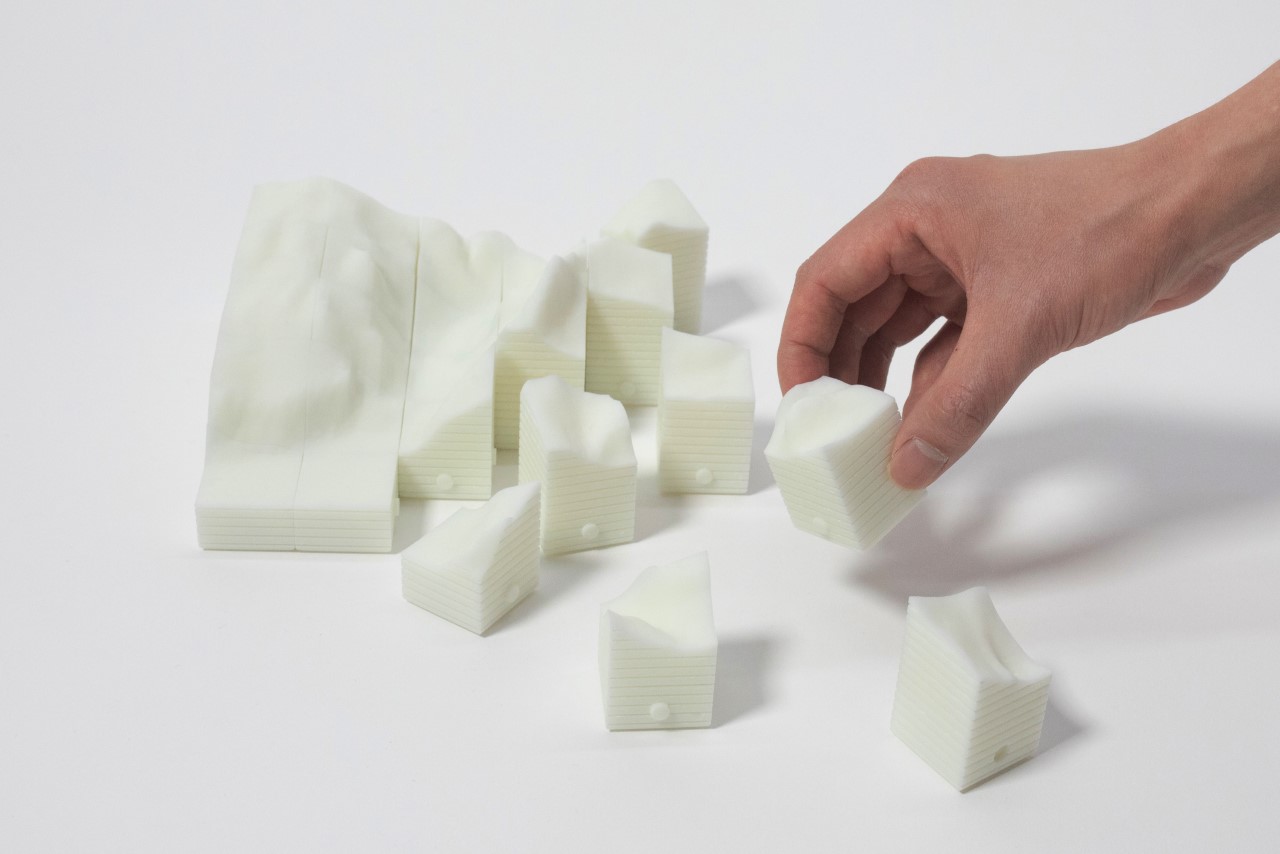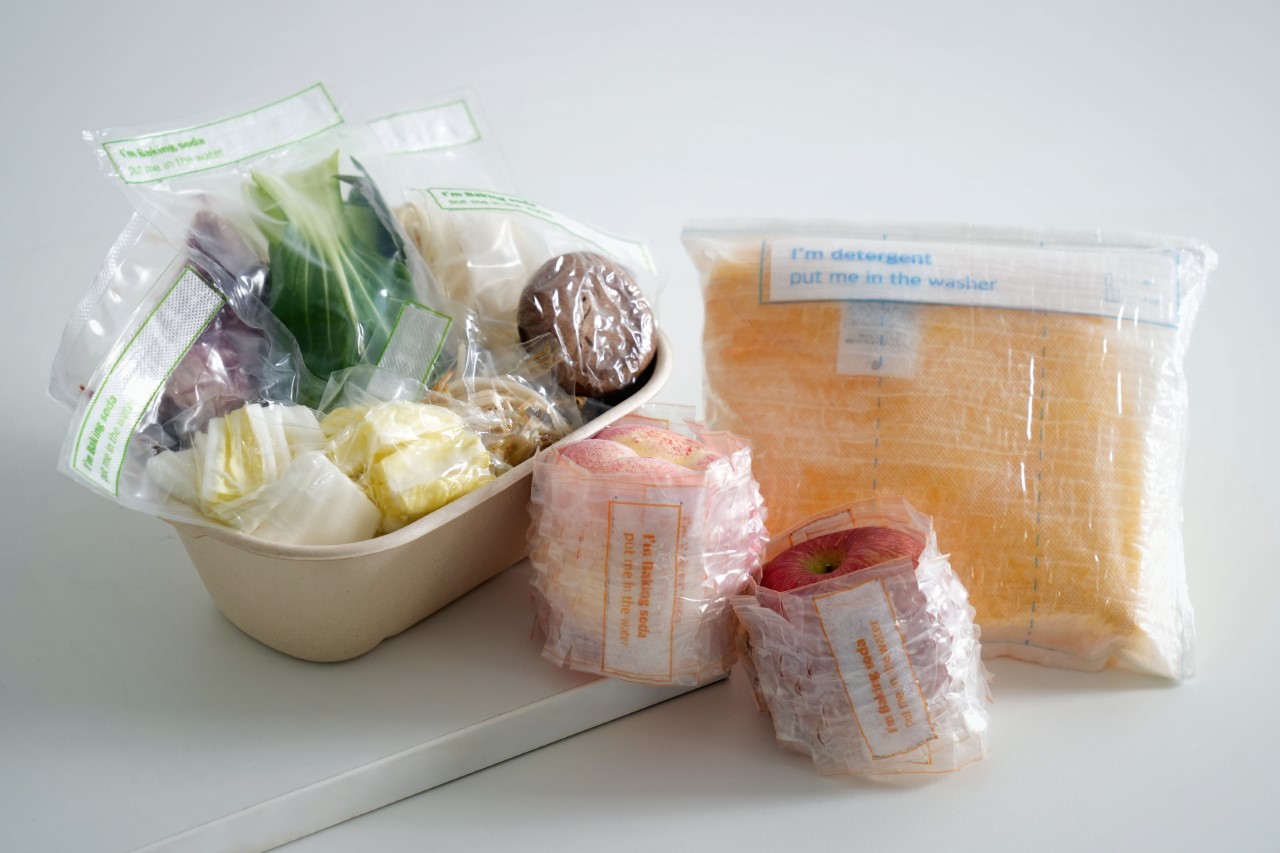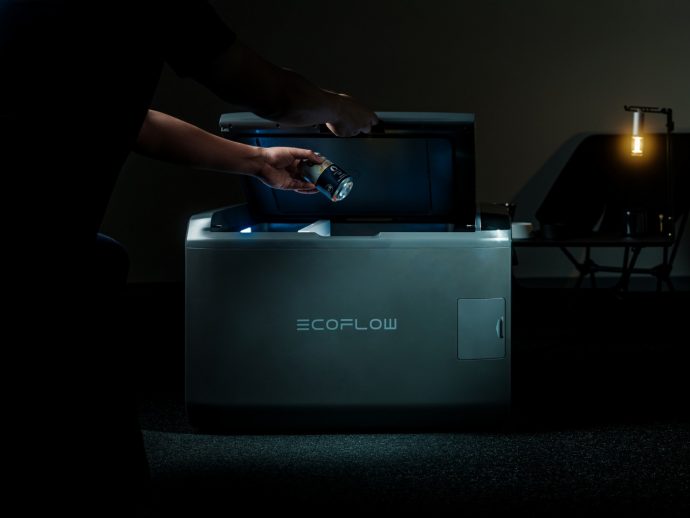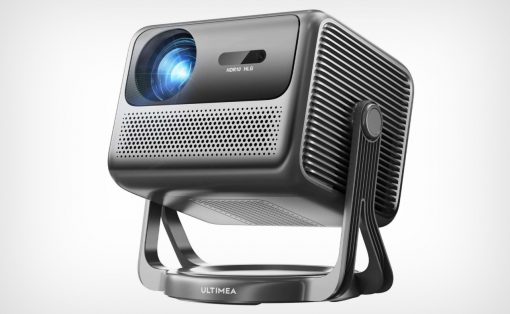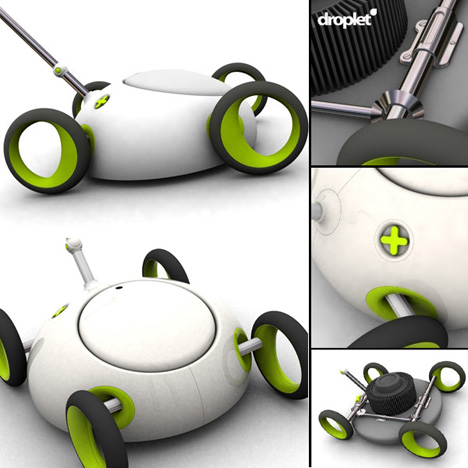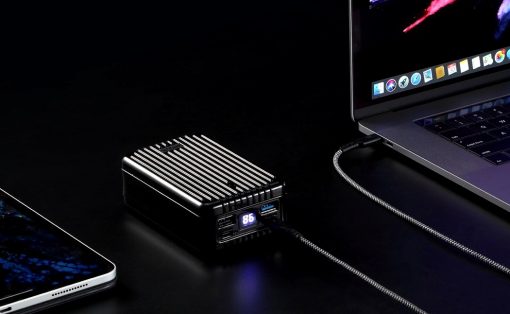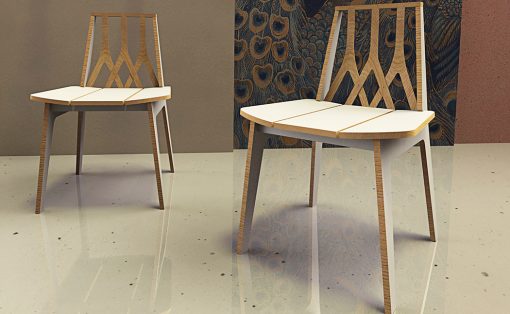Now in its 11th year, the LEXUS DESIGN AWARD was envisioned as a platform to help next-generation creators invest their ideas and creativity in building a ‘Better Tomorrow’. Given the environmental and social issues concerning the upcoming generation of creators, the award program follows a unique format that allows them to grow and flourish under leading industrial mentors, with Lexus providing grants to help bring the game-changing design entries to life. The award program also announced a new “Your Choice Award” that allows people to vote for their favorite design. View the participants below!
In the latter half of last year, Lexus announced the 2023 edition of its award program with the theme echoing the Lexus brand’s key principles – “Anticipate, Innovate, and Captivate, while seamlessly enhancing the happiness of all”. Through the award program, Lexus extends its culture of design and innovation by fostering an ideal atmosphere for design to flourish, enabling the transformation of concepts into tangible and meaningful solutions. Winners of Lexus’ design competitions are awarded a grant of up to 3 million Japanese yen to help bring their ideas to life.
Judging and mentoring the participants’ designs form a core part of what makes the LEXUS DESIGN AWARD so special. This year, the esteemed jury panel included Paola Antonelli (Senior Curator for the Department of Architecture and Design at MoMA), Karim Rashid (Designer, Karim Rashid Inc.), and Simon Humphries (Chief Branding Officer, Toyota Motor Corporation), while four internationally renowned designers joined the mentoring platform – Marjan van Aubel (Solar Designer, Marjan van Aubel Studio), Joe Doucet (Founder, Joe Doucet x Partners), Yuri Suzuki (Artist and Designer/Partner, Pentagram), and Sumayya Vally (Architect/ Principal, Counterspace). The award’s procedure, however, went through a few changes with Lexus choosing four winners instead of a single Grand Prix Winner. All four winners went through the mentoring stage prior to their announcement in February, followed by a Prototype Development Phase in collaboration with the mentors. The finalized prototypes are now being showcased between April 17th and 23rd at the Milan Design Week, with the introduction of a new Your Choice Award. That’s where you, the reader, come in!
The LEXUS DESIGN AWARD is giving YOU the opportunity to cast your vote for your favorite design too… after all, it’s only a Better Tomorrow when everyone gets to share their opinion, right?! The new “Your Choice Award” is being launched during Milan Design Week (April 17-23) and Lexus invites the public from around the world to vote online for their favorite prototype that best represents Design for a Better Tomorrow.
Check out the designs below and click here to cast your vote! (Voting is open till April 23rd 23:59 (CET).
LEXUS DESIGN AWARD 2023 Winners
Fog-X by Pavels Hedström
A jacket with a rather novel added function, the Fog-X also turns into a water harvester. With a design that helps collect atmospheric moisture, the Fog-X provides the user with drinking water in arid environments where water is scarce. The idea for the Fog-X originally started out as a water-harvesting backpack but transitioned into a jacket during the mentorship sessions. The jacket is smaller, lighter, and a little more ubiquitous, making it an ideal pick. To effectively use the Fog-X’s water-catching abilities, it comes with a smartphone app that guides the user to optimal locations for harvesting fog. Once pitched, the jacket helps collect micro-droplets of water from the wind, providing a clean source of drinking water in even the driest of deserts.
Print Clay Humidifier by Jiaming Liu
Clay’s properties as a natural evaporative cooler have been known for millennia, although what the Print Clay Humidifier does is rather inventive. The humidifier explores ‘recycled ceramic waste’ as a raw material, instead of regular clay. Ceramics and fired terracotta objects are notoriously non-biodegradable (it’s why pottery from civilizations dating back thousands of years have still survived under the ground), but Jiaming Liu’s fresh perspective helps recycle ceramic objects and pieces while retaining their evaporative properties. “The aim of this project is to expand the use of ceramic recycling to bring the realization of a resource-recycling society,” says Liu. The Print Clay Humidifier is a 3D-printed sustainable non-electric humidifier that uses the water-wicking properties of clay to deliver moisture into the air. During the mentorship process, Liu tested different combinations of ceramic powders, along with various iterations of the humidifier’s design. “I found that the petal structure combined with the rotating shape increased the material’s performance,” he mentioned, also highlighting how the product was designed to seamlessly balance aesthetics and function.
Touch the Valley by Temporary Office
Touch the Valley is a 3D puzzle that’s designed for visually-impaired people. The puzzle comprises three-dimensional topographic pieces that can be assembled by matching adjacent contouring pieces. By piecing together the puzzle, individuals can gain a better understanding of the physical world through touch. The tactile experience encourages sensory perception and provides a unique opportunity for individuals to explore and interact with their environment. Under the advice of their mentors, the design duo Temporary Office reached out to vision rehabilitation training specialists and the visually impaired community to help refine their puzzle game. The result saw a few additions to the puzzle in the form of magnetic haptic feedback, elevational grooves, smoother edges, and potentially extruded patterns in the hope that users can joyfully immerse themselves in the process of play and exploration without too much cognitive load.
Zero Bag by Kyeongho Park & Yejin Heo
The Zero Bag is part-container, part-detergent, designed with a zero-waste cradle-to-grave approach. Made to serve as packaging for clothes, food, or anything else that you’d otherwise use plastic for, the Zero Bag comes manufactured from water-soluble alginate plastic, with a paper detergent inner lining. After receiving the clothes or fruits/vegetables wrapped in a Zero Bag, wash them with the bag and the bag disintegrates into the water, while the detergent/soap helps clean the contents of the bag before consumption/wearing. In the end, the bag dissolves into water, leaving you with ‘zero bag’! While the bag first started out as packaging for clothes, it’s through the mentorship sessions that designers Kyeongho Park & Yejin Heo also realized the bags could hold food too, with a simple swap of the inner detergent lining for a food-safe soap or baking soda. The designers’ aim is to also strengthen the waterproof abilities of the bag so it can sustain the journey from manufacturing to retail to consumer.
Have a favorite design? Cast your vote for the Your Choice Award using this link! (Voting is open till April 23rd 23:59 (CET)
